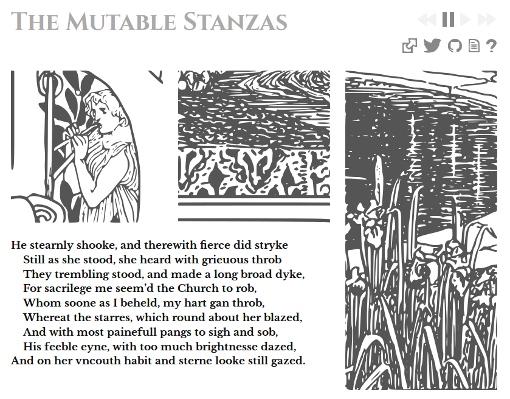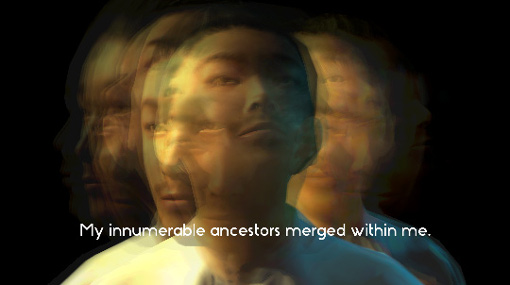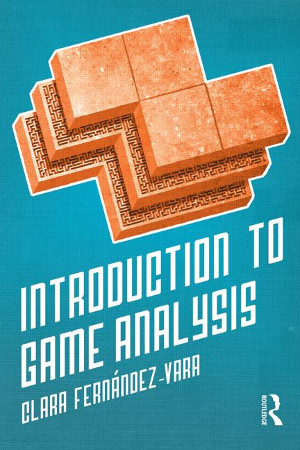The disciple went to Minsky.
The disciple told him of his project, to develop a story generator with different components, a collaborative system that collaborated.
Minsky asked if a specific author was to be imitated.
No, the disciple said, the project seeks to do what only computers can do, to use computational power in new ways. And yet, the disciple admitted, the system models human creativity, techniques and processes that people use. Hesitantly, the disciple said, “it does seem contradictory…”
“You can do both,” said Minsky.
At that moment, the disciple was enlightened.








